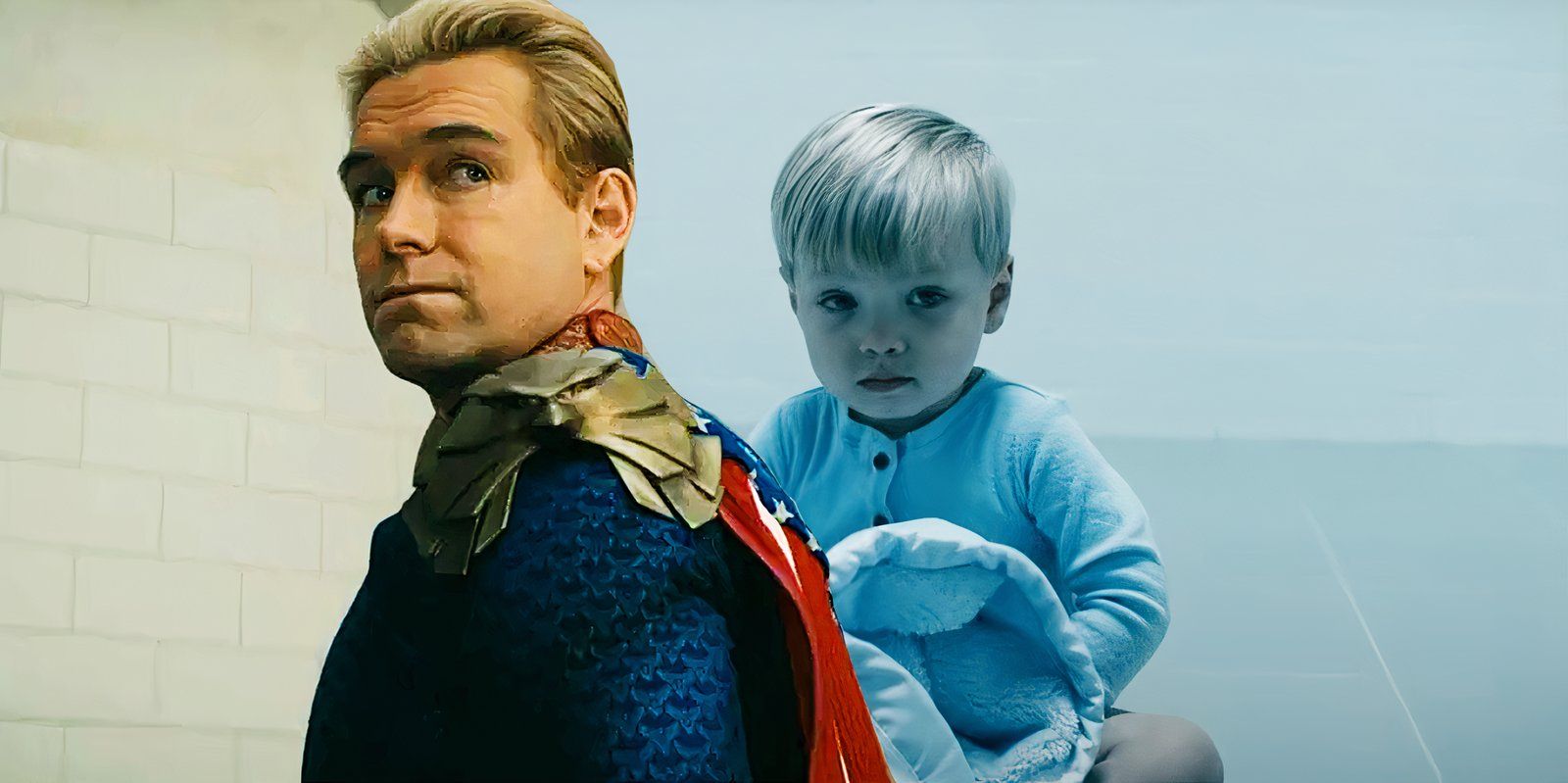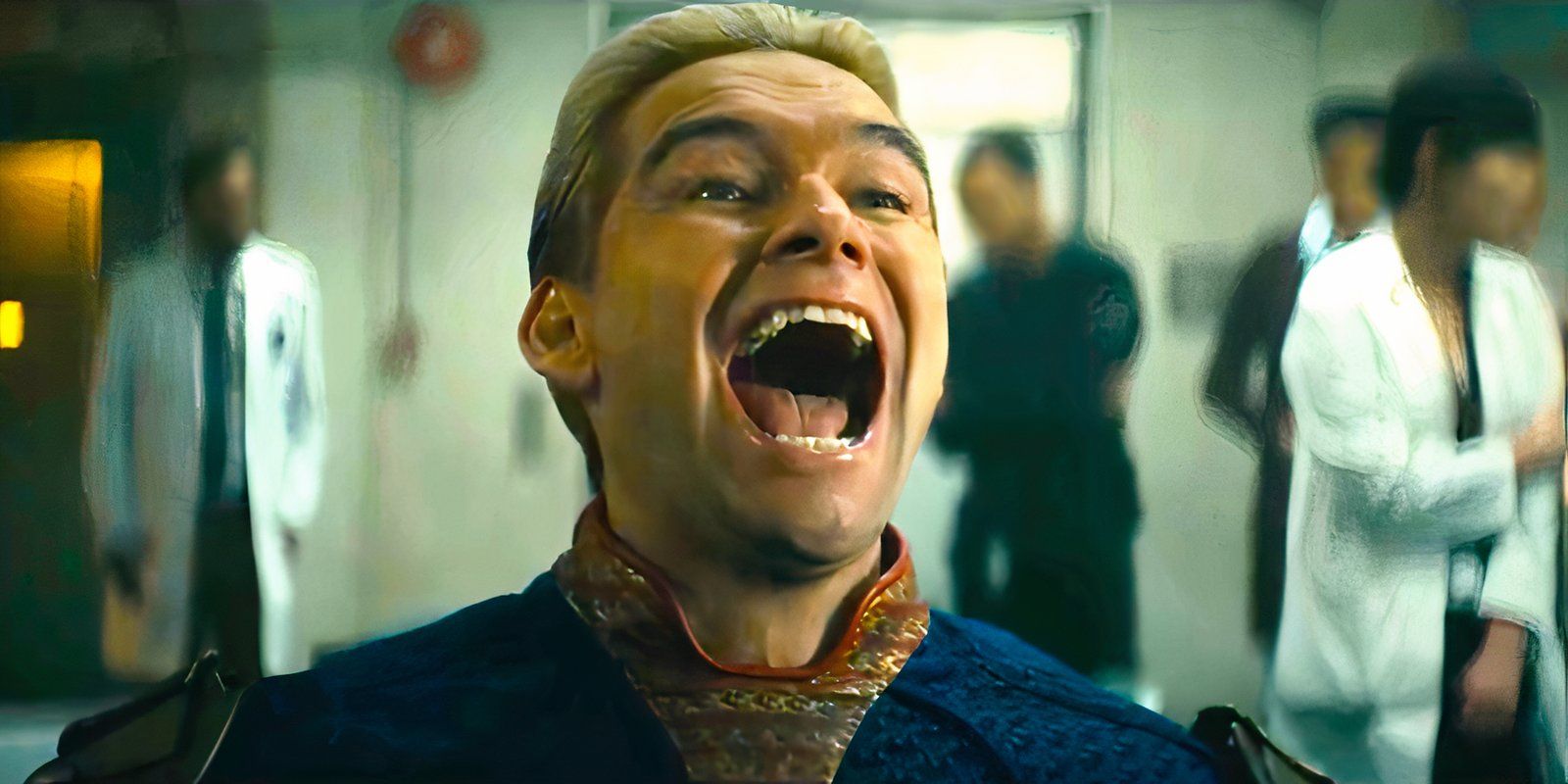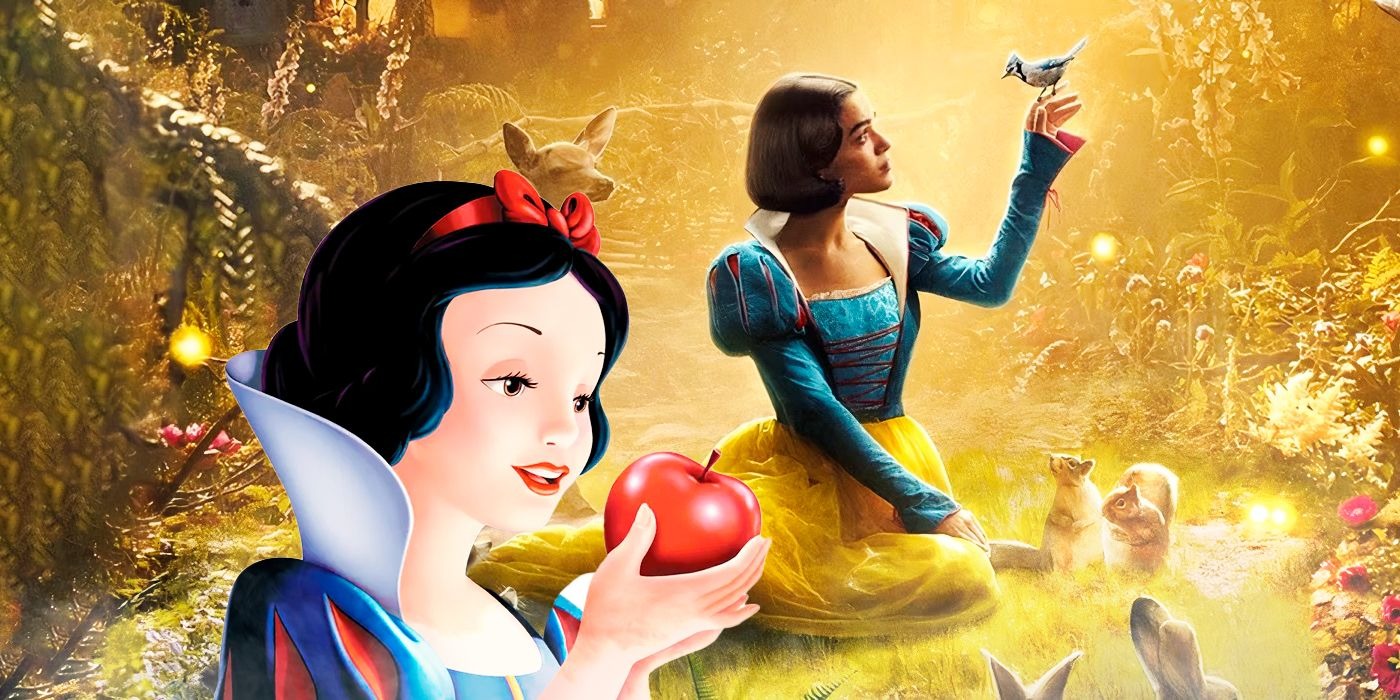
The Boys showrunner Eric Kripke explains why Homelander (Antony Starr) returns to the lab where he was raised as a child in season 4, episode 4, “Wisdom of the Ages.” While the superhero series is known for its violent scenes, the latest Boys season 4 episode managed to up the brutality even further as Homelander fully gives into his sadistic side. In the episode, the supe shows up unexpectedly at the lab and begins torturing and murdering the staff. According to Kripke, though, there’s a reason for his seemingly unprovoked and shocking massacre.
In an interview with TV Insider, Kripke addressed Homelander’s return to the lab in The Boys season 4. The showrunner explained that Homelander believes all his weaknesses and human elements originated in the lab, so he returned in an attempt to “kill the part of him that’s human.” Although his actions in the lab might provide temporary relief, he ultimately can’t shake his humanity, which is driving him mad as it conflicts with his hatred of humans. Check out Kripke’s statement below:
His goal was to finally confront his feelings of vulnerability and humanity and his need for approval and love because he feels like that all originated from [his] time there. So he wanted to confront it and kill it. And was he successful? I think he thinks he was successful. The thing about Homelander is no matter how hard he tries to kill the part of him that’s human and become a god, he’ll never be able to because he’s human and as much as he’s disgusted by it or represses it, he has human emotions and I think that’s what’s slowly driving him mad is he’s someone who hates humanity and yet he is one.
And I don’t need [the audience] to be sympathetic towards Homelander, I wanna go on record with a hot take that I do not condone or approve of any of his behavior. But I want them to understand him a little bit more and get why he is the way he is. I don’t like nor do I know how to write villains who are just evil for the sake of being evil. They’re evil because they have a really heavy disconnect between their internal life where they think they’re a hero and their external life when they’re definitely not. And so I’m interested in that space and, and what makes someone so self-deluded.
The Boys Reminds Viewers Of The Significance Of Homelander’s Childhood Trauma
Homelander Is Awful, But He Also Had A Horrible Upbringing

The latest episode of The Boys reminds viewers of Homelander’s childhood trauma and the role it played in who he eventually became. Although Kripke doesn’t want anyone to feel sympathy for the supe, his childhood does inevitably raise that emotion. While many characters in The Boys had very traumatic childhoods, Homelander may have had the worst. Through flashbacks in the main series and portions of The Boys Presents: Diabolical, it’s established that the supe never had a childhood. Rather than being raised by parents, he was essentially bred in a lab as an experiment.
ADVERTISING
Although Vought scientist Dr. Jonah Vogelbaum (John Doman) provided a tiny bit of warmth to the young boy, it wasn’t anywhere near what a child would receive from a mother and father. Most of the scientists were afraid of Homelander during his first years since he couldn’t control his powers. He was horribly isolated and often viewed from afar, as no one would touch him or come near him. As he grew up, Homelander was inundated with patriotic propaganda and subjected to horrific experiments to test the limits of his powers.
The Boys season 4 solidifies the impact of Homelander’s childhood by having him confront his trauma in a brutal fashion. Given that he confronts his past in a way no one could condone, the show also reminds viewers that his childhood is only responsible for part of his actions. The impact of his childhood is strong enough to explain why he turned out the way he did and his motivation for being evil, but not to excuse what he’s done. The Boys‘ acknowledgment of the impact of Homelander’s traumatic childhood adds more complexity and humanity to the villain.

